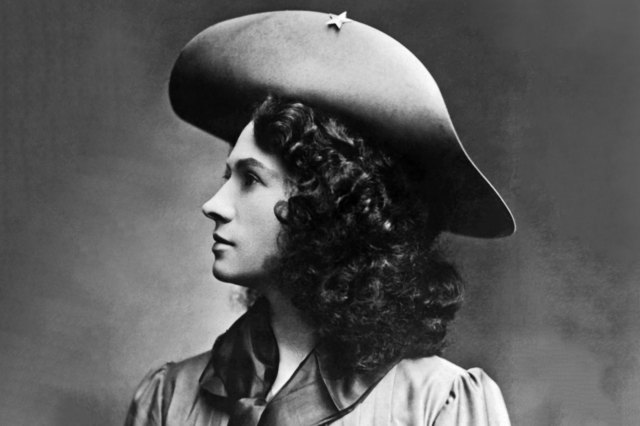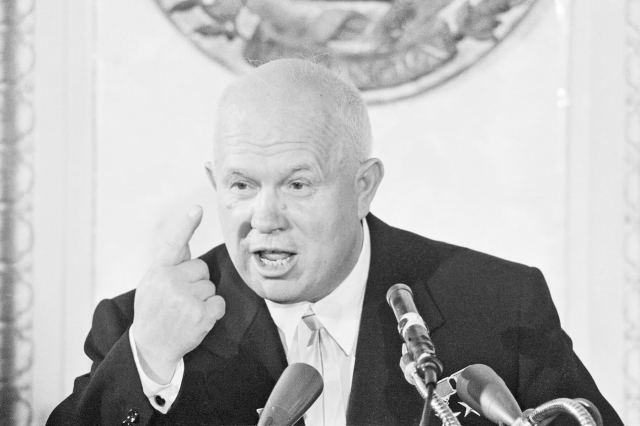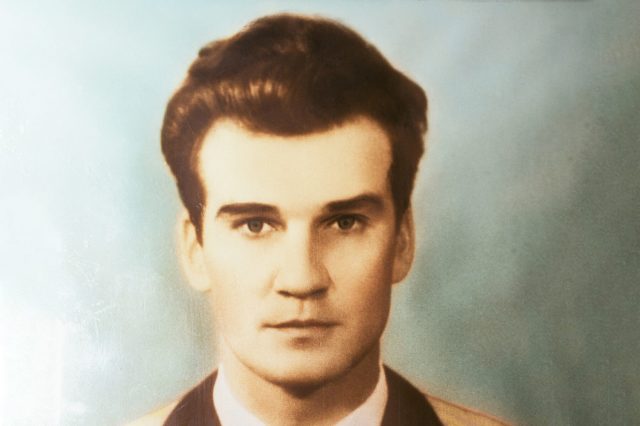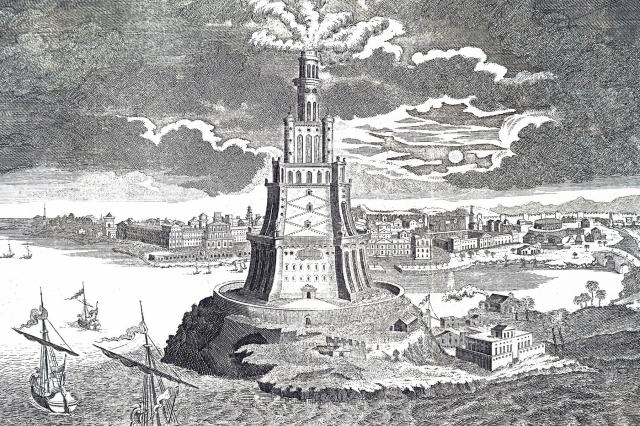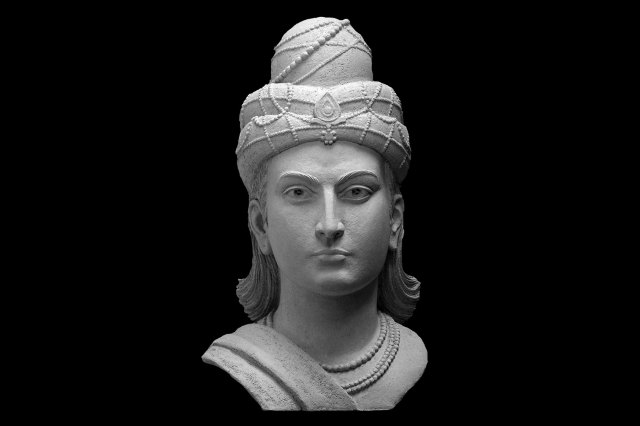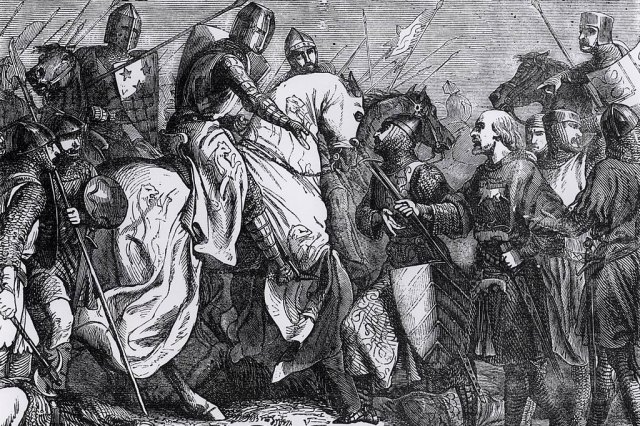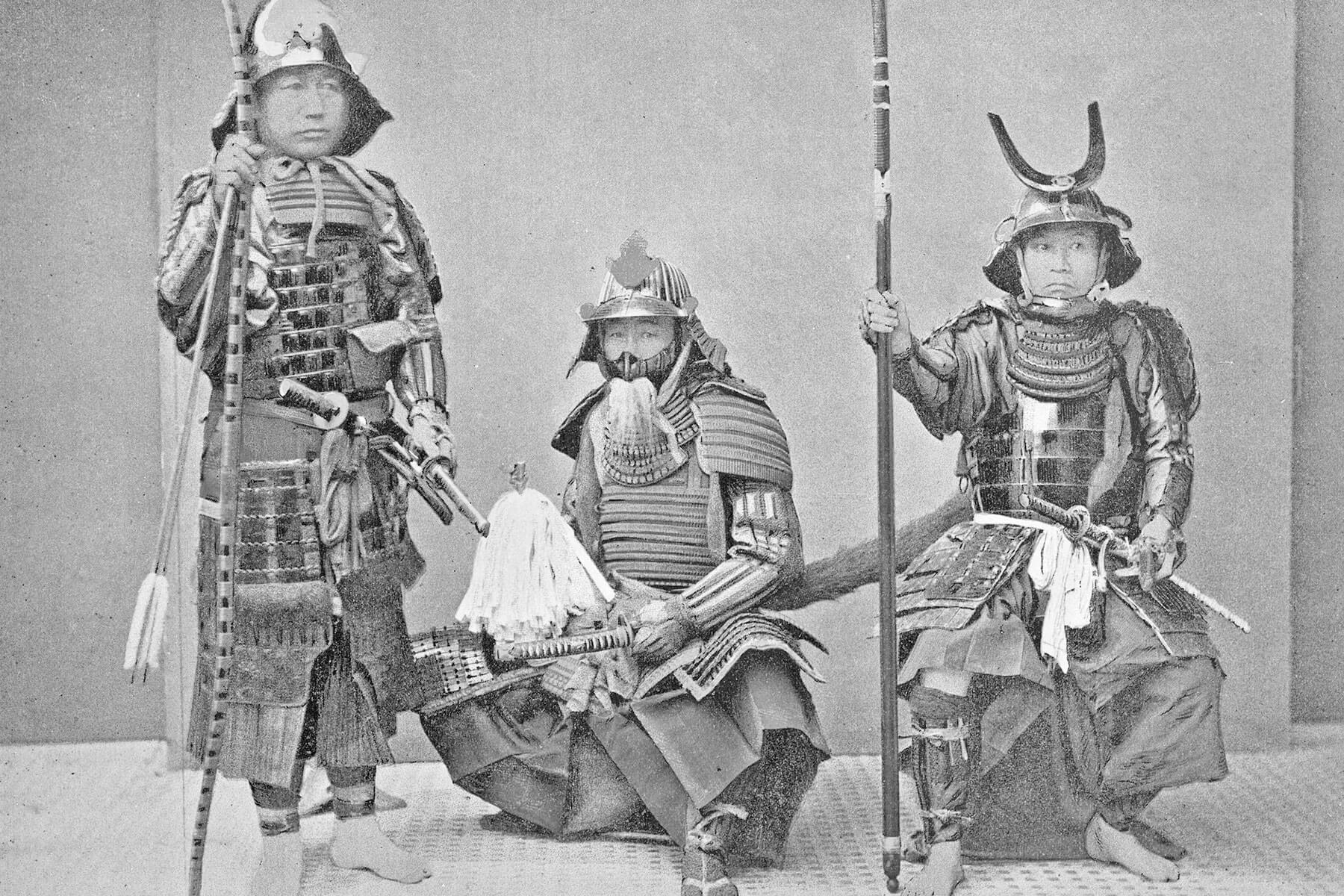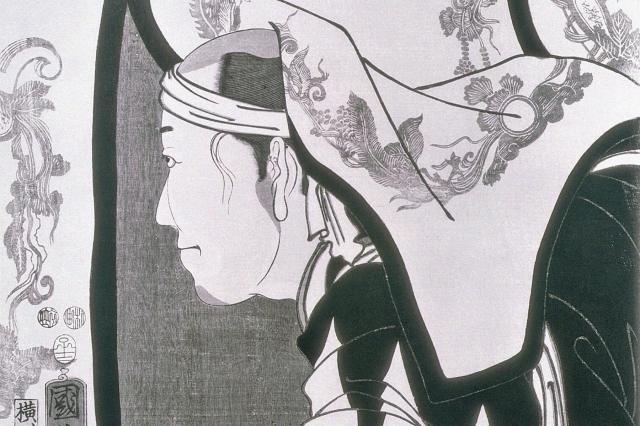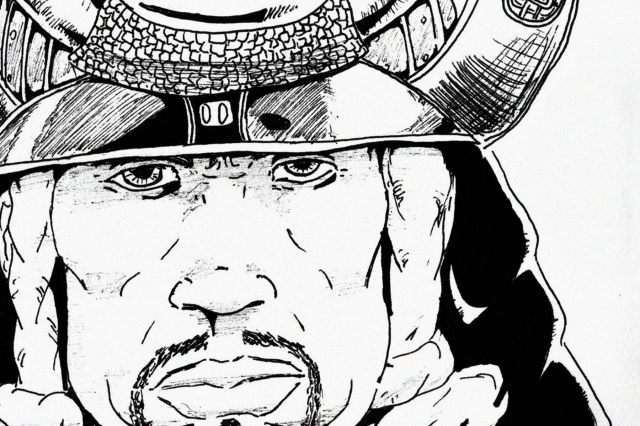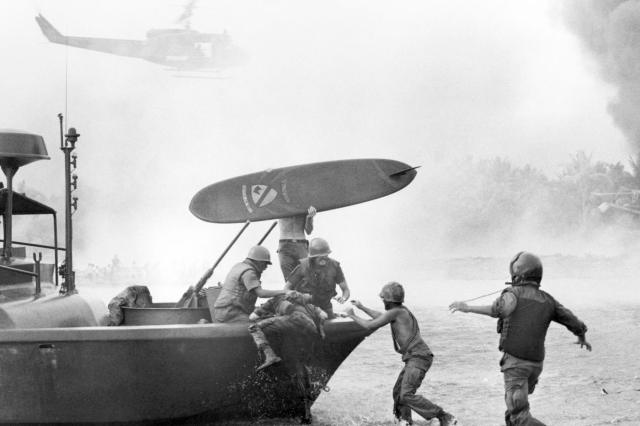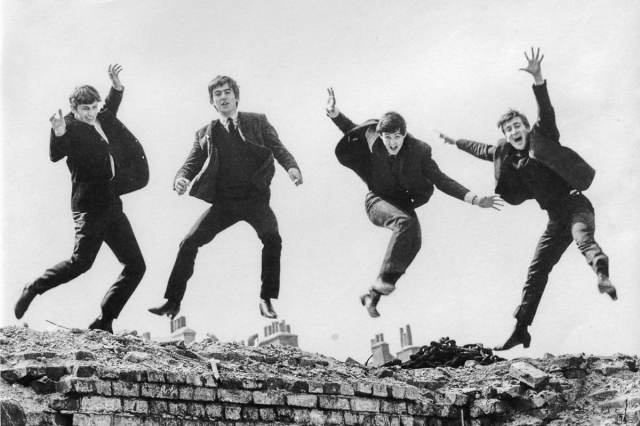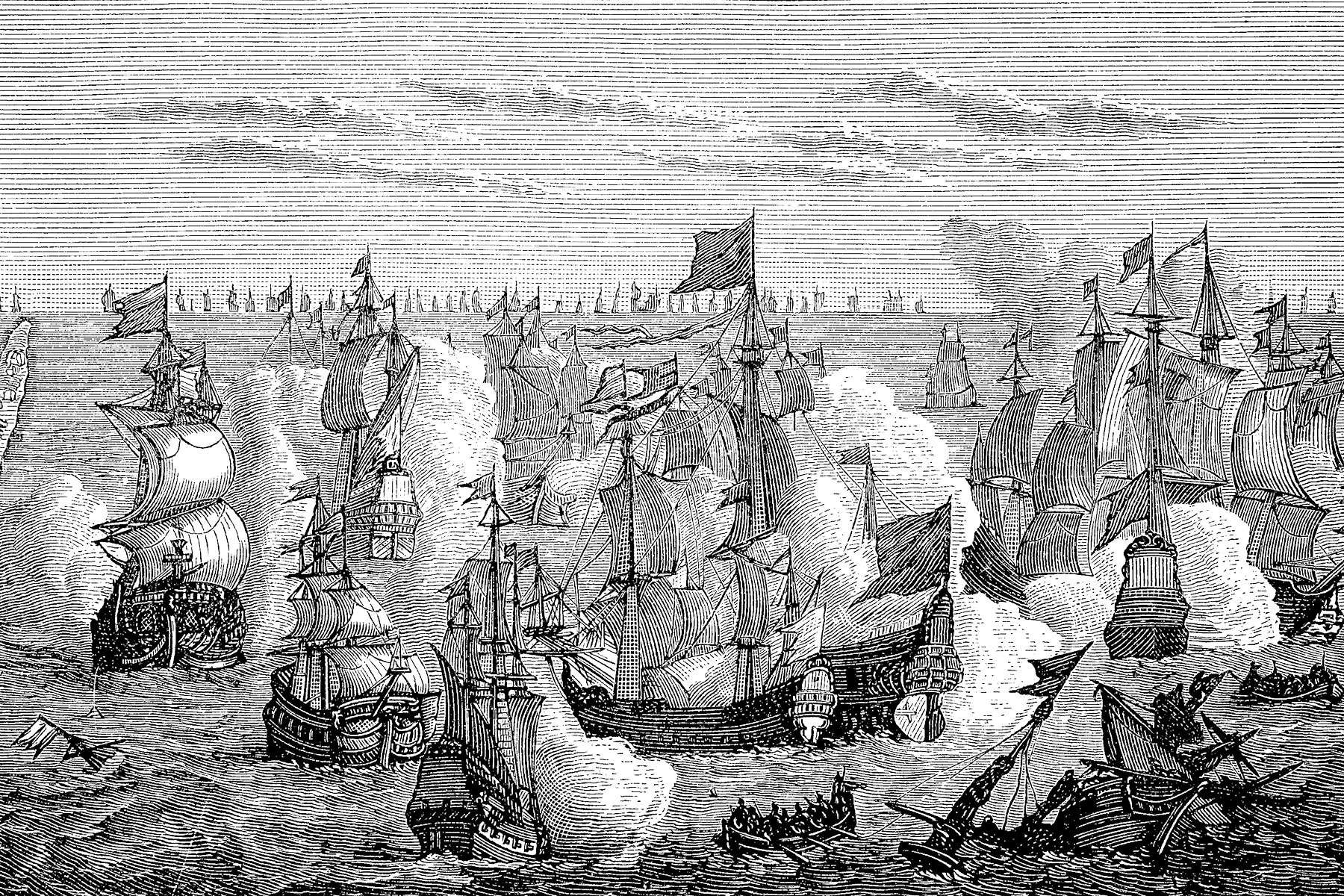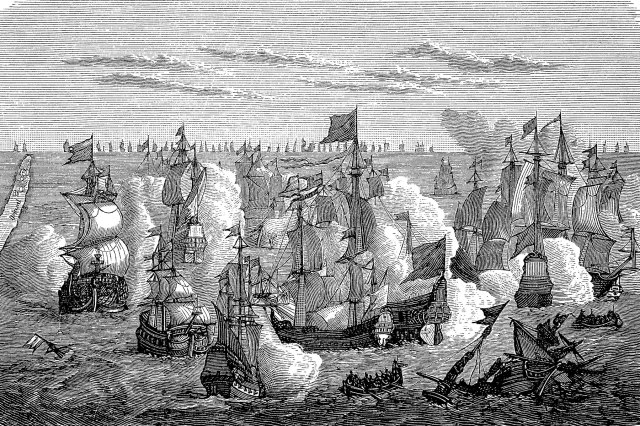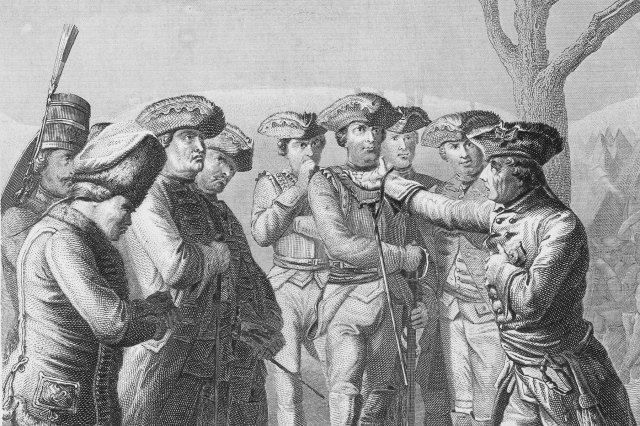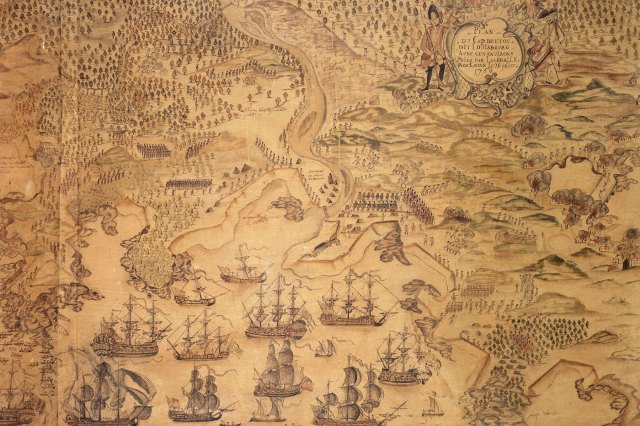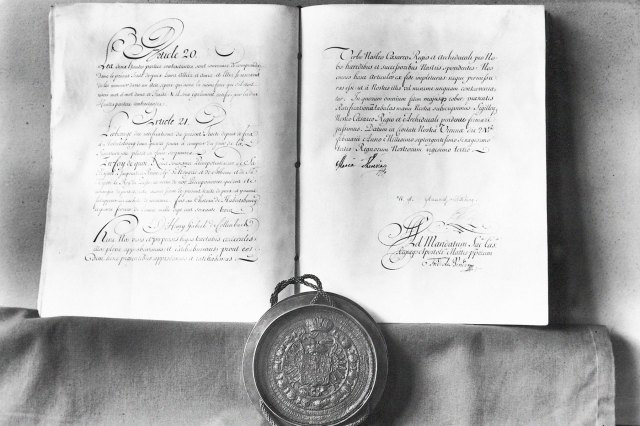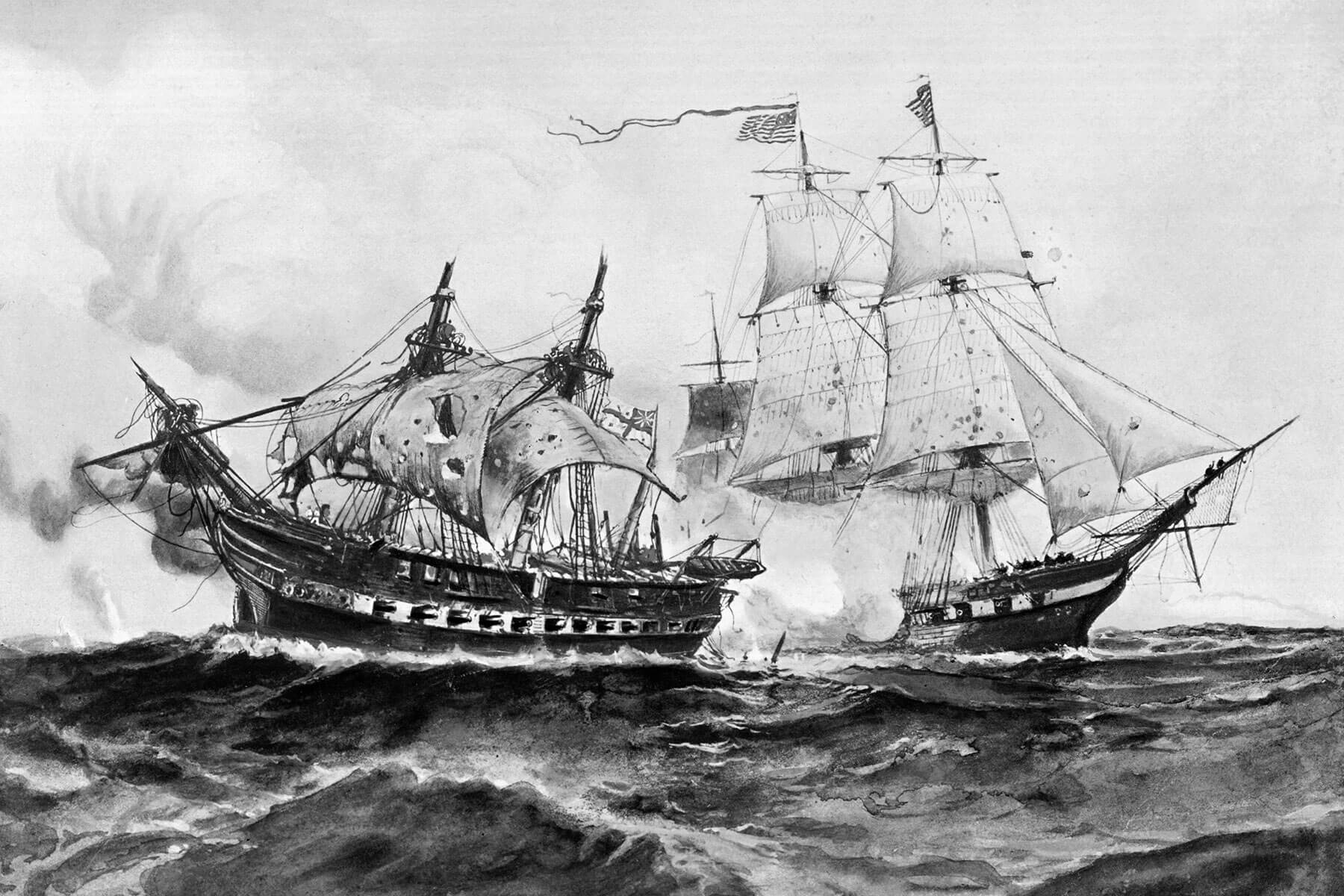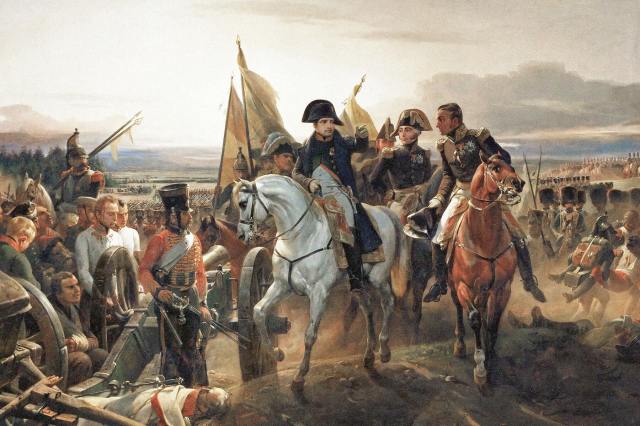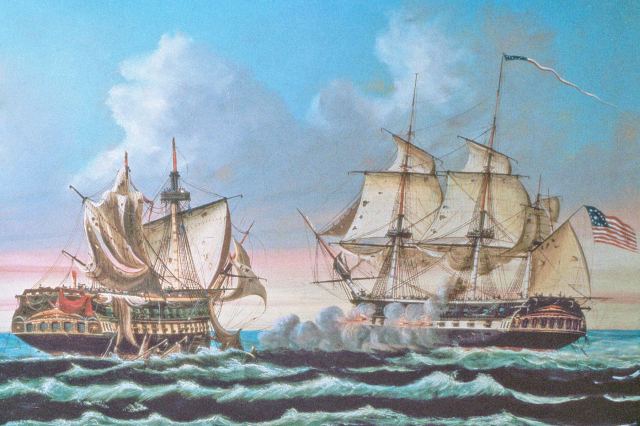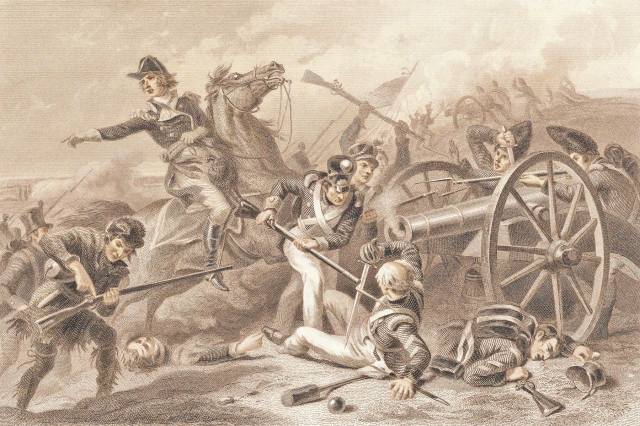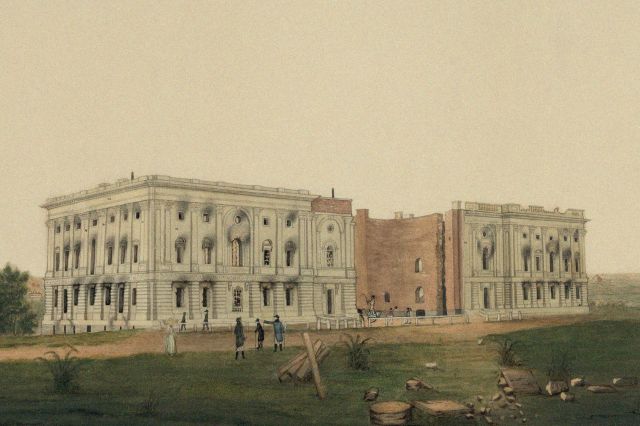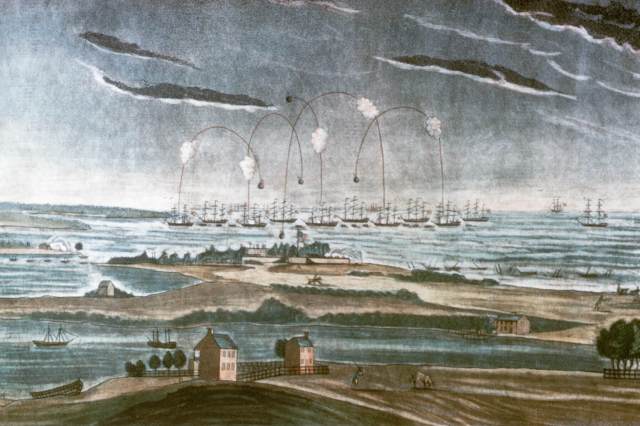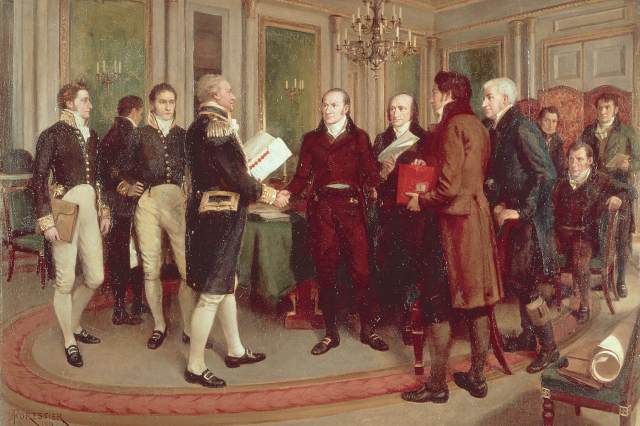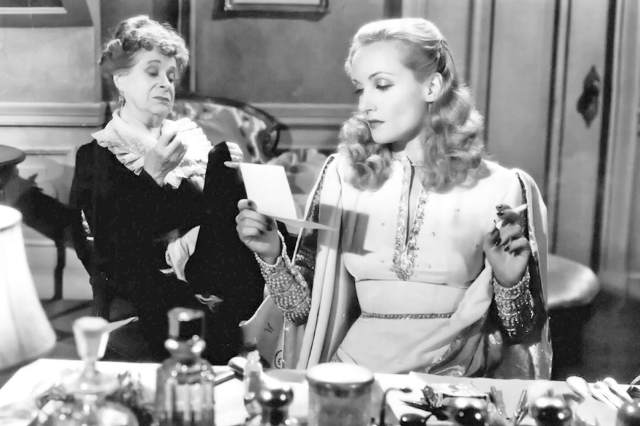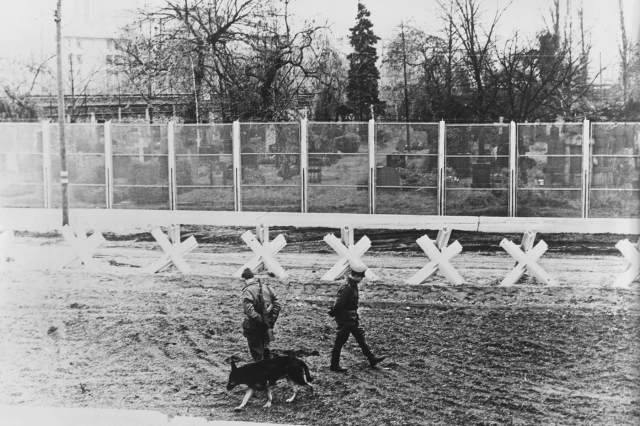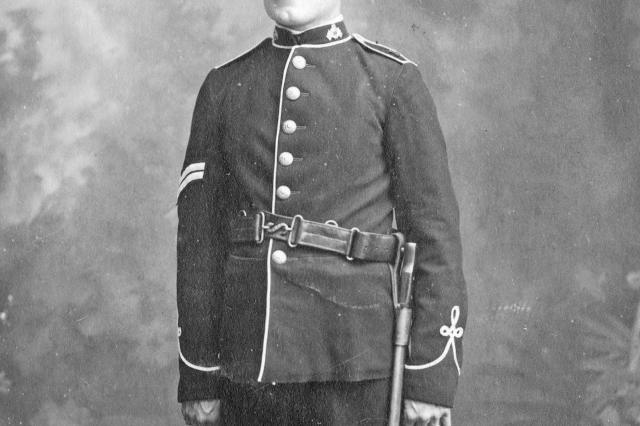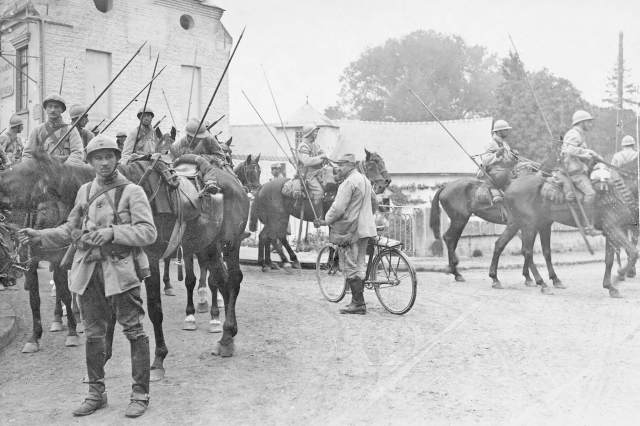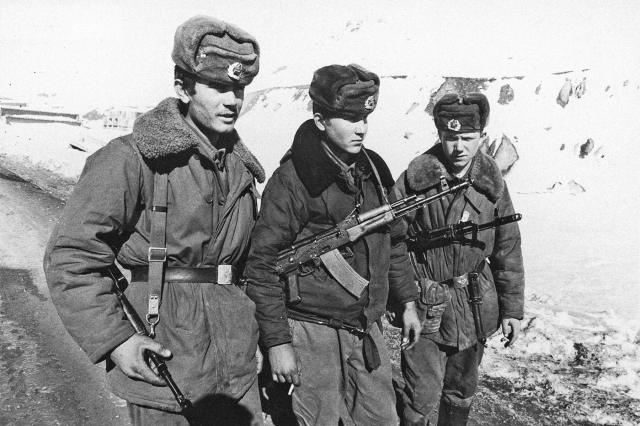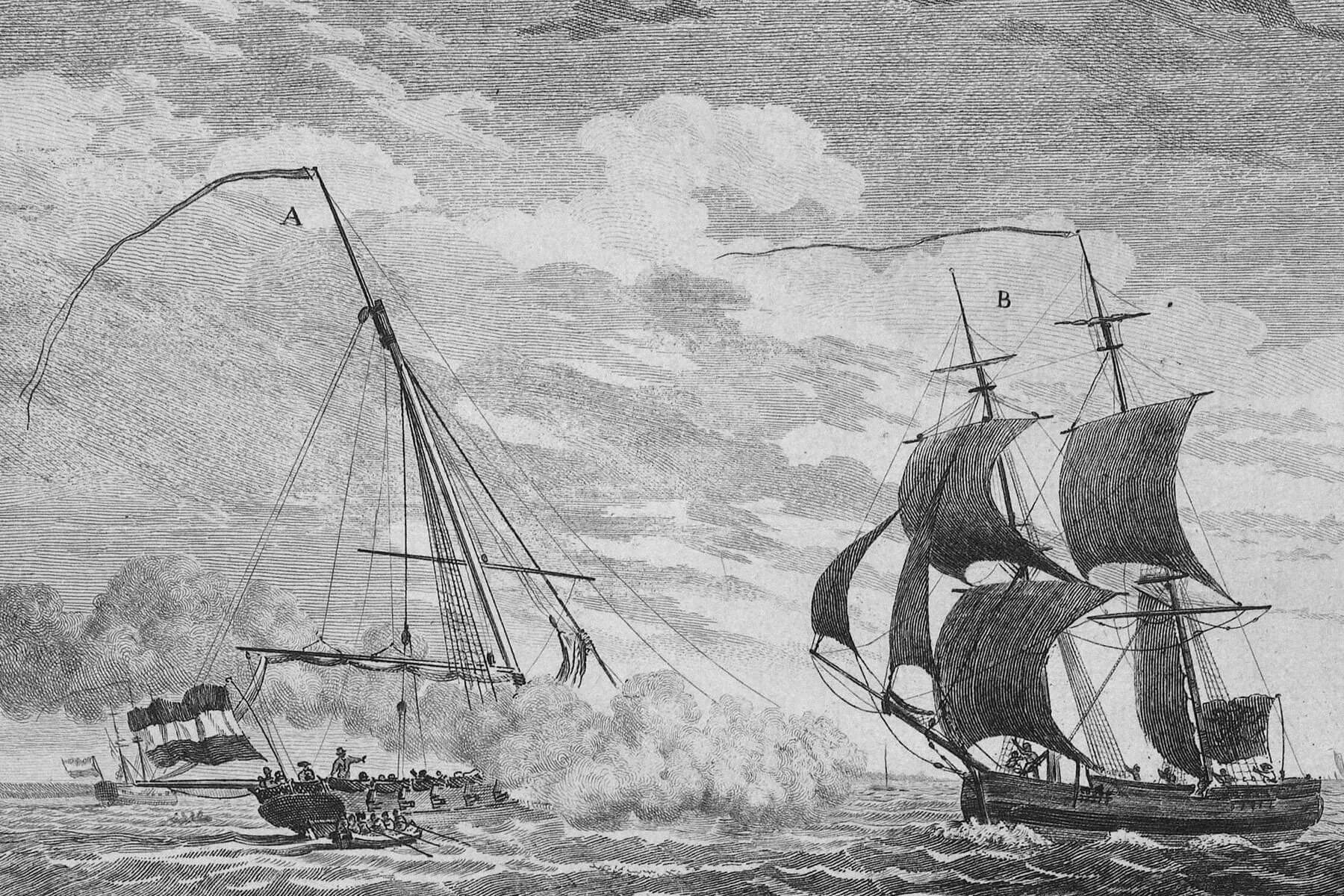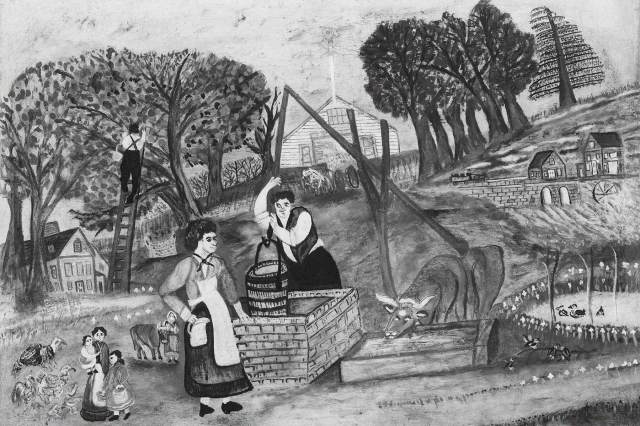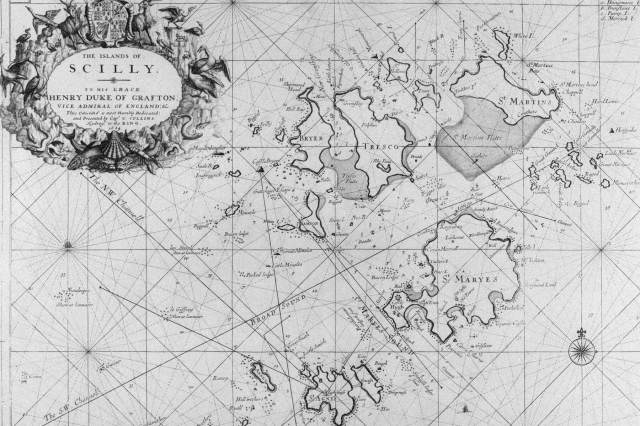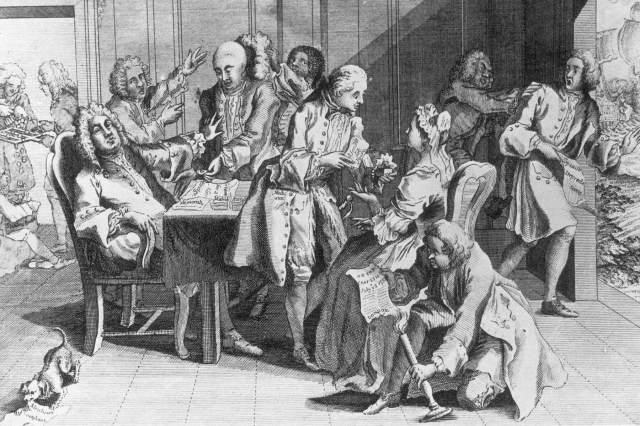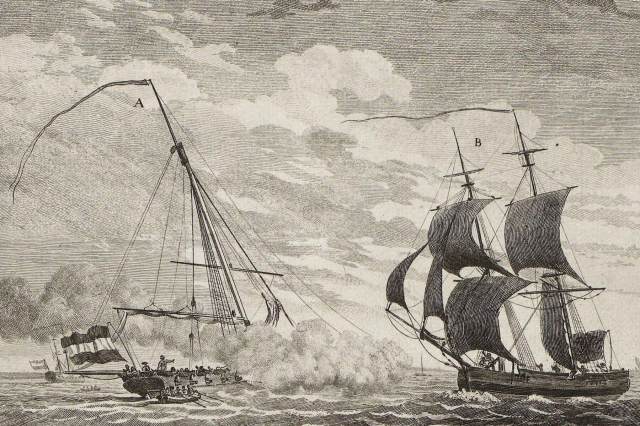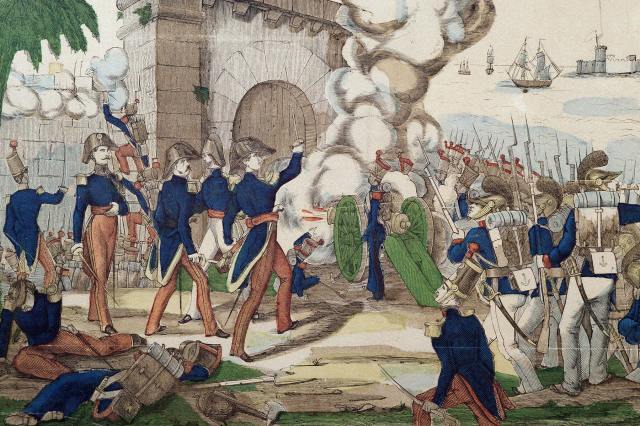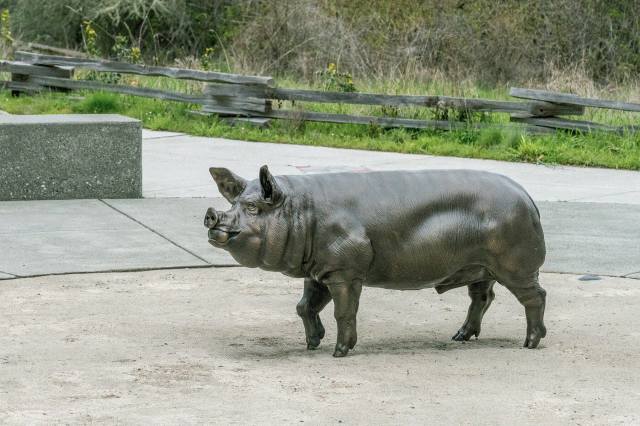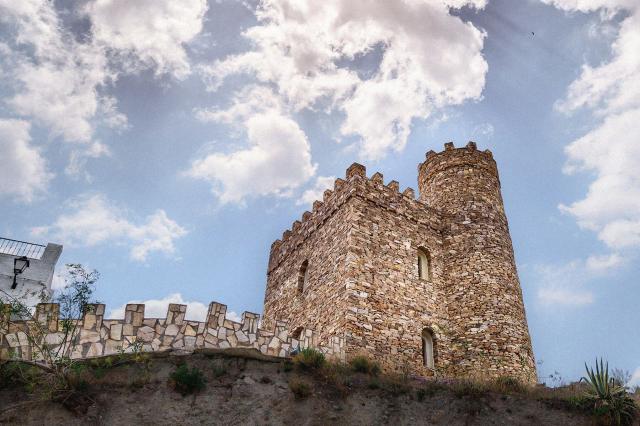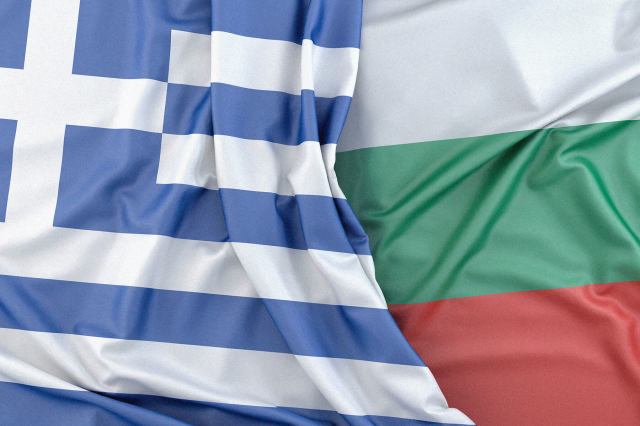All the U.S. Military Ranks, In Order
The U.S. military is divided into six branches: the Army, Navy, Air Force, Marine Corps, Coast Guard, and Space Force. Each has its own individual hierarchy, featuring the most accomplished and decorated officers at the very top and recent enlistees at the bottom. Along this chain of command you’ll find ranks such as captains, colonels, and sergeants, all of which are familiar terms. But unless you’ve served in the military, you may be wondering how those ranks stack up, and who answers to whom.
In the military, there’s no ambiguity about who your commanding officer is. There’s a firmly established chain of command so each rank knows where they stand, though the exact terminology varies among the different branches of the military. Let’s look at the ranks of the U.S. military in ascending order, from the lowest to highest positions.

Army
The U.S. Army is the oldest of the six military branches, established on June 14, 1775. It’s also the most heavily populated branch, containing more than 460,000 active service members and many thousands more in the National Guard and Army Reserves. At the very bottom of the chain of command is the rank of private — a title generally given to new soldiers in basic training. Over time, members of the Army may rise up the ranks to the role of sergeant, which is a leadership post that commands various platoons and sections.
Above sergeant is the rank of warrant officer. These officers are generally highly specialized technicians in areas such as intelligence or military policing. Above that is the highest grouping of ranks in the Army, the commissioned officers, who are confirmed by the U.S. Senate. The lowest commissioned officer rank is second lieutenant, and the highest is a special wartime rank called general of the Army. This role has been held by an exclusive group of people including Dwight D. Eisenhower and Douglas MacArthur during World War II. There is, however, an even more prestigious rank known as general of the Armies. This role has been conferred only three times in history: to John J. Pershing after World War I, and posthumously to both George Washington and Ulysses S. Grant.
Here are the ranks of the U.S. Army in ascending order:
- Private
- Private second class
- Private first class
- Specialist
- Corporal
- Sergeant
- Staff sergeant
- Sergeant first class
- First sergeant
- Master sergeant
- Command sergeant major
- Sergeant major
- Sergeant major of the Army
- Warrant officer 1
- Chief warrant officer 2
- Chief warrant officer 3
- Chief warrant officer 4
- Chief warrant officer 5
- Second lieutenant
- First lieutenant
- Captain
- Major
- Lieutenant colonel
- Colonel
- Brigadier general
- Major general
- Lieutenant general
- General
- General of the Army

















